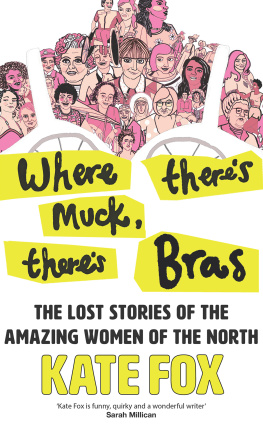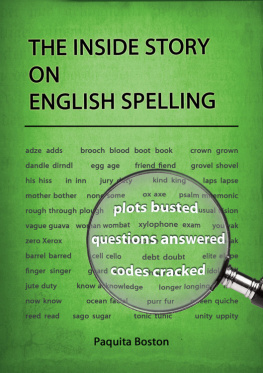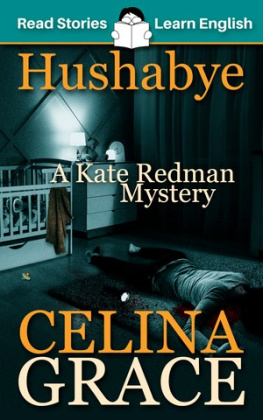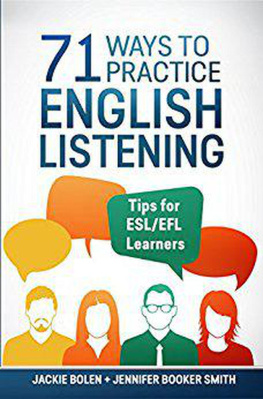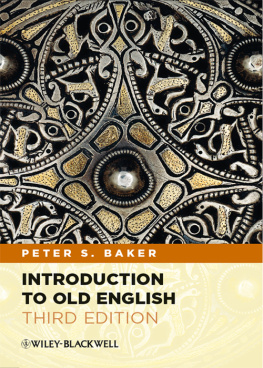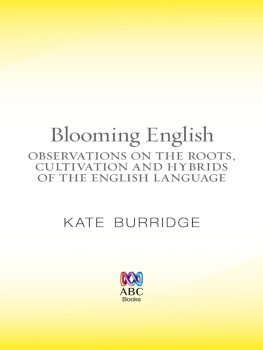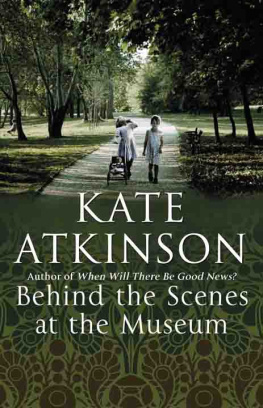Kate Fox, a social anthropologist, is Co-Director of the Social Issues Research Centre in Oxford and a Fellow of the Institute for Cultural Research.
She gives lectures and seminars at universities, institutes, embassies, trade and professional conferences in the UK and overseas and has also been a regular columnist for Psychologies magazine.
Kate is married to the neurosurgeon Henry Marsh, CBE.
FOREWORD
I know this is going to sound like typical English false modesty, but I was truly surprised when Watching the English became a big bestseller and I am still amazed by its continued popularity. The book has sold over half a million copies, been translated into many languages, received many rave reviews (as well as a few stinkers, of course) and all the usual hoohah.
Why? What can explain all this enthusiasm for a little pop-anthropology book about English behaviour?
Its success is almost entirely down to luck, no doubt, but in this case I think my good fortune may have something to do with what prompted me, ten years ago now, to write this book in the first place. I am often asked why I did it, and can only reply honestly, even though it makes me sound like a frightful geek, that it was because I didnt fully understand Englishness and this was keeping me awake at night. I know, I should have taken this as a cue to get a life. Instead, I read every book, article and research paper I could find on the subject, but still felt puzzled and frustrated not to mention somewhat grumpy from lack of sleep. There was only one solution: if I really wanted to understand and define the English national character, I would have to do the research and figure it out for myself.
I can only assume that an awful lot of other people are equally perplexed by the English including hundreds of thousands of English people. They may not be puzzled to the point of severe insomnia, but at least enough to splash out on a book that might help them to understand the inhabitants of this small, soggy, enigmatic island.
Perhaps I am also lucky to have published this book at a time when we English are having a bit of an identity wobble. Nothing as dramatic as a full-blown national identity crisis, as some have called it. Both the big fuss and the earnest navel-gazing implied by the term crisis would be unseemly and un-English, so Im sticking with wobble. But I believe that various factors, including devolution (the loss of Scotland and Wales), globalisation and immigration, have caused a degree of uncomfortable uncertainty about our national identity.
Oh and it probably helped a bit that I obeyed one of the fundamental rules of Englishness, the one I call the Importance of Not Being Earnest. Earnest books about English national identity (some of them truly excellent) have not done so well, despite the wobble. Or perhaps because of it: in times of self-doubt and insecurity, the English take refuge in humour. And although this book has a fairly serious purpose, and is based on many years of solid research, I was writing to entertain the intelligent general reader, rather than to impress other anthropologists. This was no great hardship for me, as I am very English, find it hard to take things too seriously, and seem to be congenitally incapable of writing even a page without at least one or two little jokes.
Given that I had made no effort whatsoever to impress earnest academics, I was rather taken aback to find that Watching the English was being taught on the anthropology syllabus at a number of distinguished universities (and not, as I initially suspected, as a dire-warning example of how not to do anthropology). I found myself giving lectures and seminars at Oxford, Brown, University College London, Sussex, Pisa, etc. and even the big scary Christmas Lecture at the Royal Geographical Society. At one of the universities where I lectured, the head of department told me that 50 per cent of new applicants cited my book as their inspiration for choosing to study anthropology. Fortunately, enough purist academic anthropologists still thoroughly disapprove of my light-hearted books for me to retain at least some vestiges of my maverick-outsider status.
I make no apology for my continued refusal, in this new edition, to pander to this stuffy minority by trying to show off my extensive reading, command of fancy jargon, mastery of abstruse concepts, ability to obfuscate simple ones, and all the other stuff that might make the book more palatable to them. Of course, there are many areas where I have no such impressive knowledge to show off, even if I wished to do so where I am not so much dumbing down as just plain dumb. But I firmly believe that any anthropological insight of genuine value or interest can, and should, be expressed in terms that a non-academic can understand and ideally even enjoy. Whether Ive achieved anything that might qualify as an interesting insight, or expressed things clearly or amusingly, is another question, but at least I try.
And, much as I enjoy trying, when my publishers asked for a revised edition, nearly a decade after Watching the English was first published, I was initially reluctant. Im sorry, I said, I know the world may have turned upside-down and inside-out quite a bit in the past ten years, and here in England weve had our share of terrorist bombings, economic crises, political upheavals, the Olympics and so on but the English havent changed. In this book, I was searching for the defining characteristics of Englishness, and these should by definition be fairly timeless or, at least, not subject to any radical change in such a short period.
I pointed out that neither my own continuing research nor any other studies or events had led me to revise my main conclusions. Quite the opposite: my own subsequent research on English behaviour, the findings of other relevant studies, and English reactions to events over the past decade have all actually confirmed and reinforced my original diagnosis.
On the other hand, I thought, perhaps this new research evidence and these fresh observations might in themselves be of interest, both to readers of the original book and to new readers. On some aspects of Englishness, for example, I now have survey data to add weight to my original fieldwork findings. On others, I have more extensive field-research or experiments to back up early observations and hunches. A few intrepid readers have even taken it upon themselves to replicate some of my experiments, and I can report on their results. The defining characteristics of Englishness remain essentially unchanged, but there are now some qualifications to add, some subtle nuances I hadnt noticed before, some emerging behaviour codes that need deciphering
My publishers wisely left me to argue with myself over this, rather than putting me under any pressure, and eventually, much to their relief, I sort of talked myself into doing an updated edition.
Despite fairly extensive new research on many aspects of Englishness, I have undoubtedly missed many details that may have changed here or there in the past decade. I have continued to study the English, but other research interests and work commitments, and some frustrating health problems, have prevented me from revisiting some of the subcultures and some of the minutiae of English life that I covered in the original research. (Although the inconvenient illness has allowed me long periods as a participant observer in English hospitals field-research that would otherwise have required a lot of tiresome bureaucratic hassle over access.)


